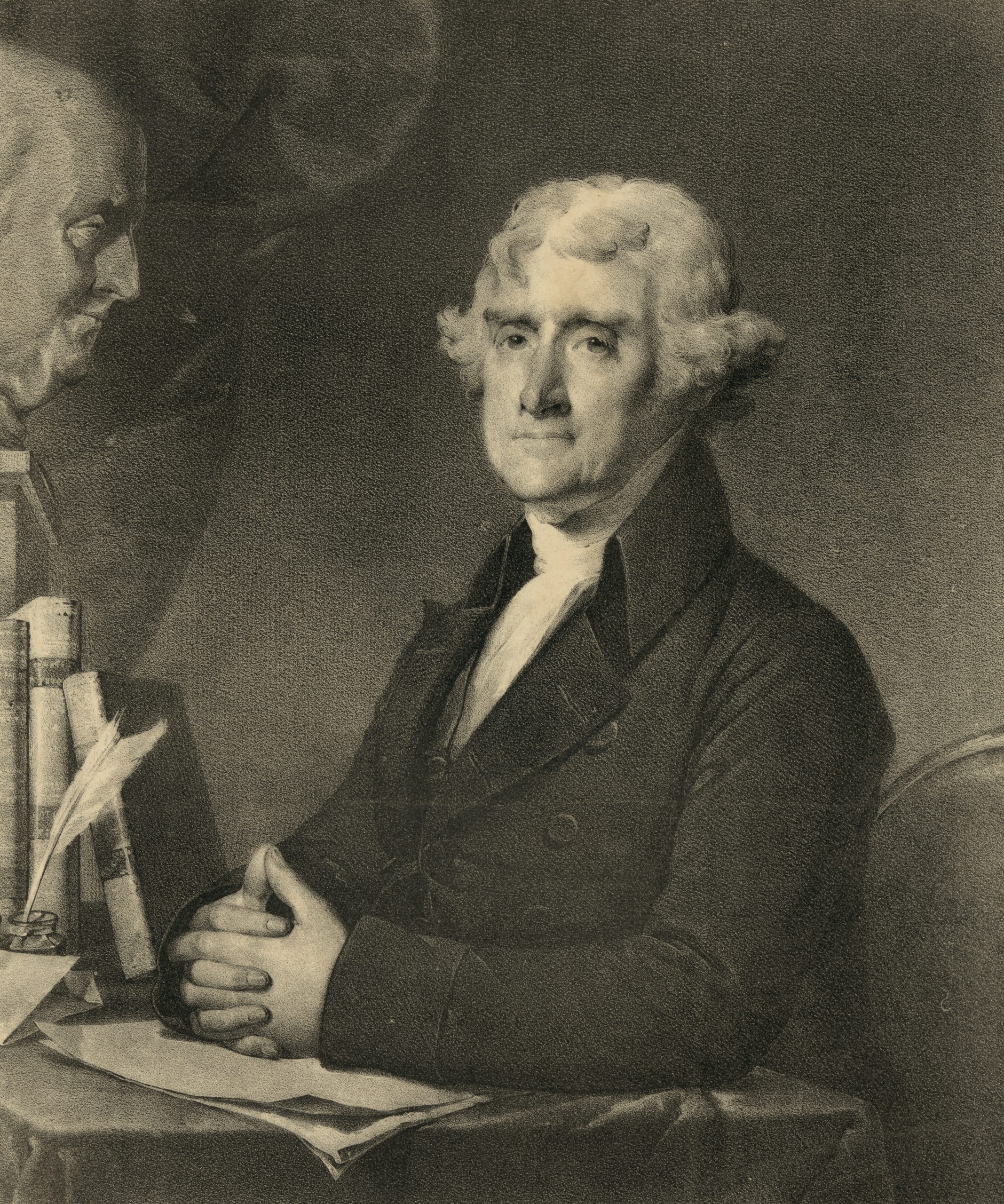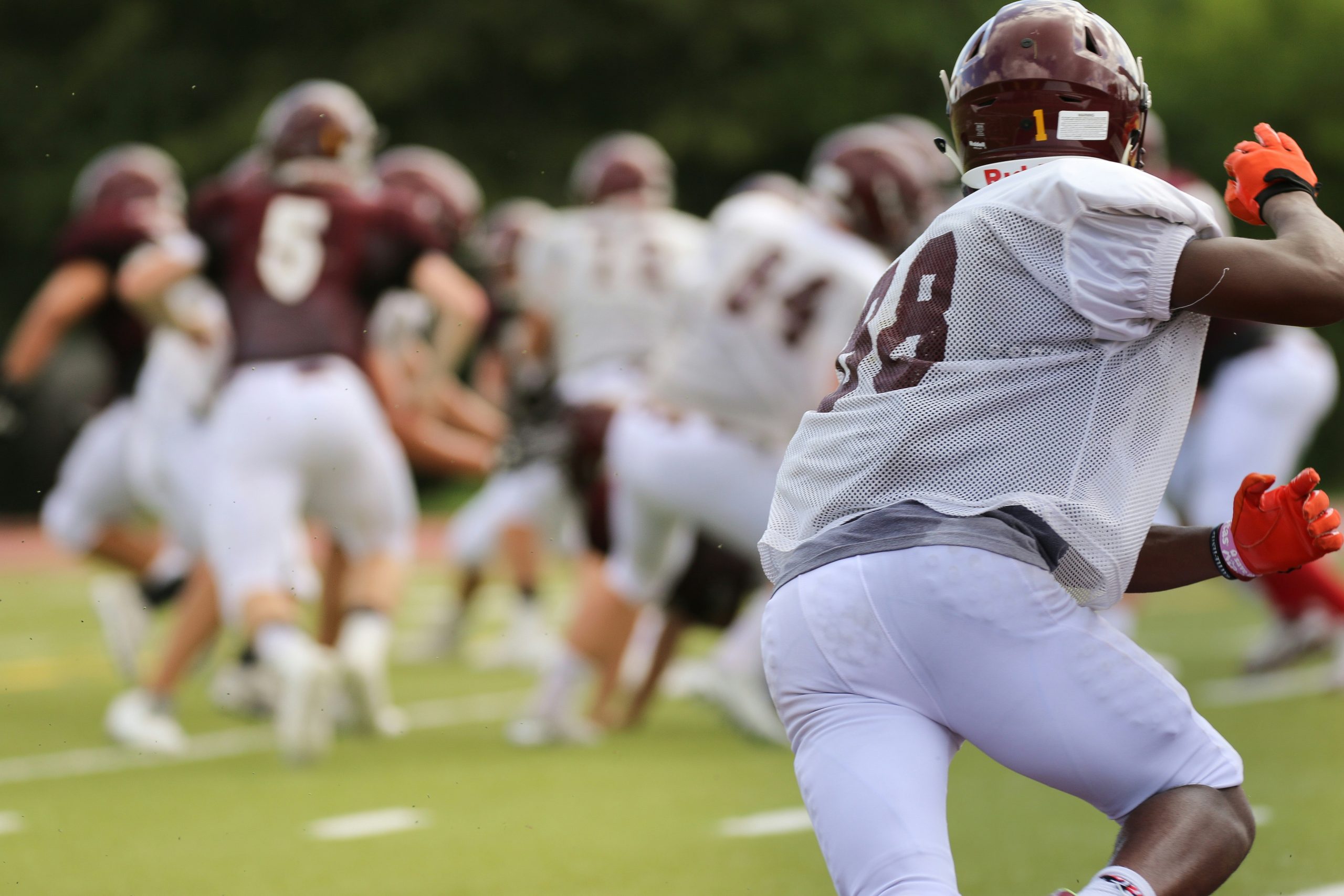
The Impact of Social Media on Sports Fans
Introduction
Social media has revolutionized the way sports fans engage with their favorite teams, athletes, and sports events. Platforms like Twitter, Facebook, Instagram, and YouTube have created new avenues for fans to interact, consume content, and express their passion in real-time. This article explores the profound impact of social media on sports fandom, examining both the positive and negative aspects.
Instantaneous Updates and News Dissemination
Social media platforms serve as instant hubs for sports news and updates. Fans no longer have to wait for traditional media sources to report scores, injuries, or transfers. Instead, they can follow teams, leagues, and journalists on Twitter or Instagram for real-time updates. For example, during major tournaments like the FIFA World Cup or the Olympics, Twitter becomes a global scoreboard and discussion forum where fans share excitement, disappointment, and analysis instantly.
Direct Interaction with Athletes and Teams
One of the most significant impacts of social media is the direct interaction it enables between athletes, teams, and fans. Athletes now have personal Twitter accounts where they can share insights into their training, personal lives, and philanthropic activities. This direct connection humanizes athletes and creates a sense of intimacy between fans and their idols. For instance, Cristiano Ronaldo’s Instagram feed not only showcases his on-field achievements but also gives fans a glimpse into his family life and endorsement deals, fostering a deeper connection with millions of followers worldwide.
Fan Communities and Global Reach
Social media has transcended geographical boundaries, allowing fans from around the world to come together in virtual communities. Facebook groups, Reddit threads, and Twitter hashtags unite fans based on shared interests and loyalties. This global reach enhances fan engagement during events and off-seasons alike. For example, NBA fans from Europe can discuss games with counterparts in North America in real-time, breaking down plays and sharing memes across continents.
Marketing and Revenue Generation
Sports organizations leverage social media as a powerful marketing tool to engage with existing fans and attract new ones. Sponsorship deals, merchandise sales, and ticket promotions are often announced and promoted via platforms like Instagram stories or TikTok challenges. For example, the NBA’s partnership with TikTok has not only boosted its online presence but also introduced basketball to a younger demographic globally, fostering future fan growth.
Challenges and Controversies
While social media enhances fan experience, it also presents challenges such as misinformation, cyberbullying, and athlete privacy concerns. Misinterpreted tweets or viral videos can harm an athlete’s reputation or cause unrest among fans. Managing social media presence has become a critical aspect of athlete and team PR strategies, requiring careful monitoring and engagement. For example, controversies sparked by tweets or posts have led to public apologies and even fines for athletes and teams, impacting their brand image.
Conclusion
In conclusion, social media has profoundly transformed how sports fans consume, interact with, and participate in the sports they love. It offers unprecedented access to athletes and teams, fosters global fan communities, and drives marketing innovations. However, it also poses challenges that require careful management and ethical considerations. As social media continues to evolve, its influence on sports fandom will likely deepen, shaping the future of sports engagement worldwide.
By understanding these dynamics, fans, athletes, and sports organizations can harness the power of social media to create positive and meaningful interactions that enrich the sports experience for everyone involved.



